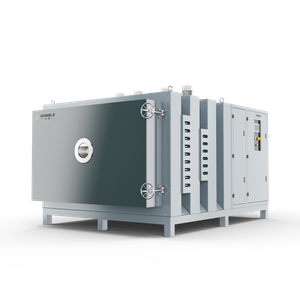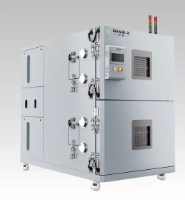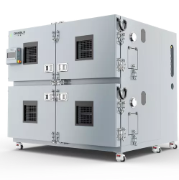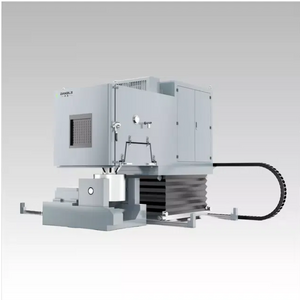
Temperature Altitude Test Chambers play a vital role in ensuring the performance and reliability of products subjected to high-altitude conditions.
Read More
How do aerospace manufacturers ensure that their components will function properly under the extreme conditions of flight? The answer lies in Temperature Altitude Test Chambers.
Read More
How reliable are electronic components when exposed to extreme conditions? Temperature altitude test chambers are essential tools used to evaluate this very question. These chambers replicate high-altitude environments where pressure, temperature, and humidity fluctuate.
Read More
Temperature Altitude Test Chambers replicate the harsh conditions of high altitudes where air pressure is lower, and temperatures vary significantly. These chambers help manufacturers and industries ensure that their products, ranging from electronic devices to automotive components.
Read More
Independent environmental chamber testing is essential for turning design assumptions into measurable confidence.
Read More